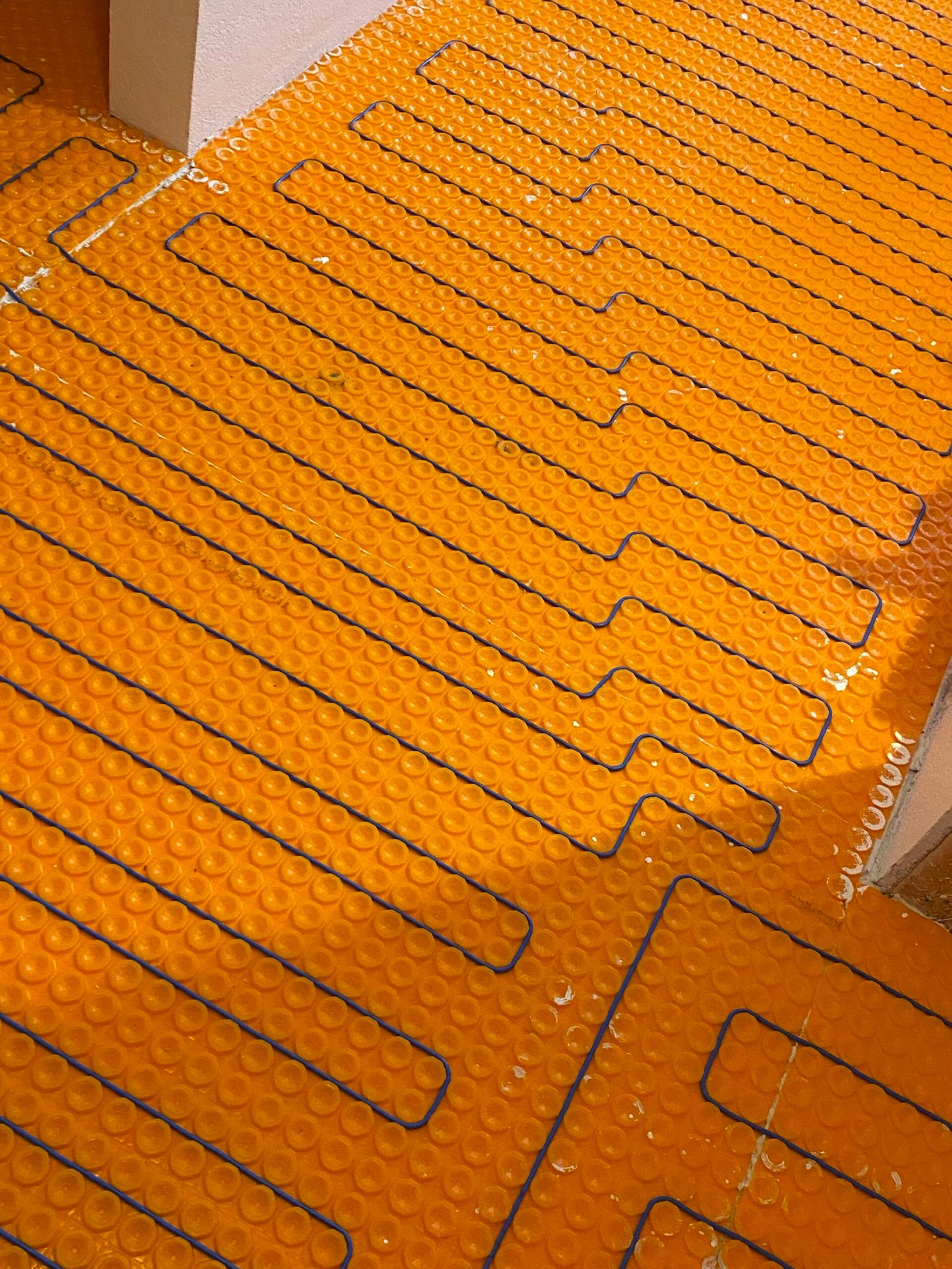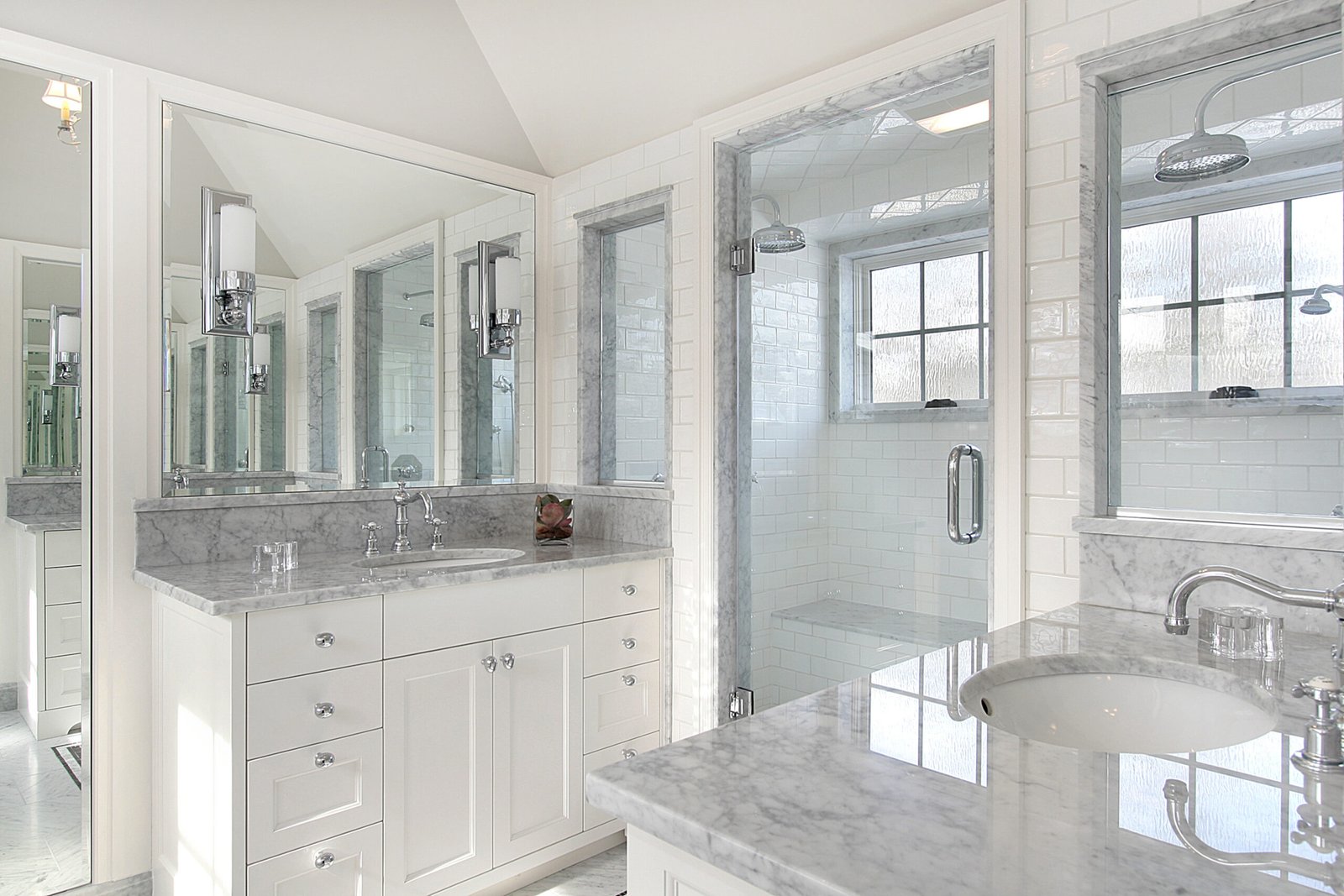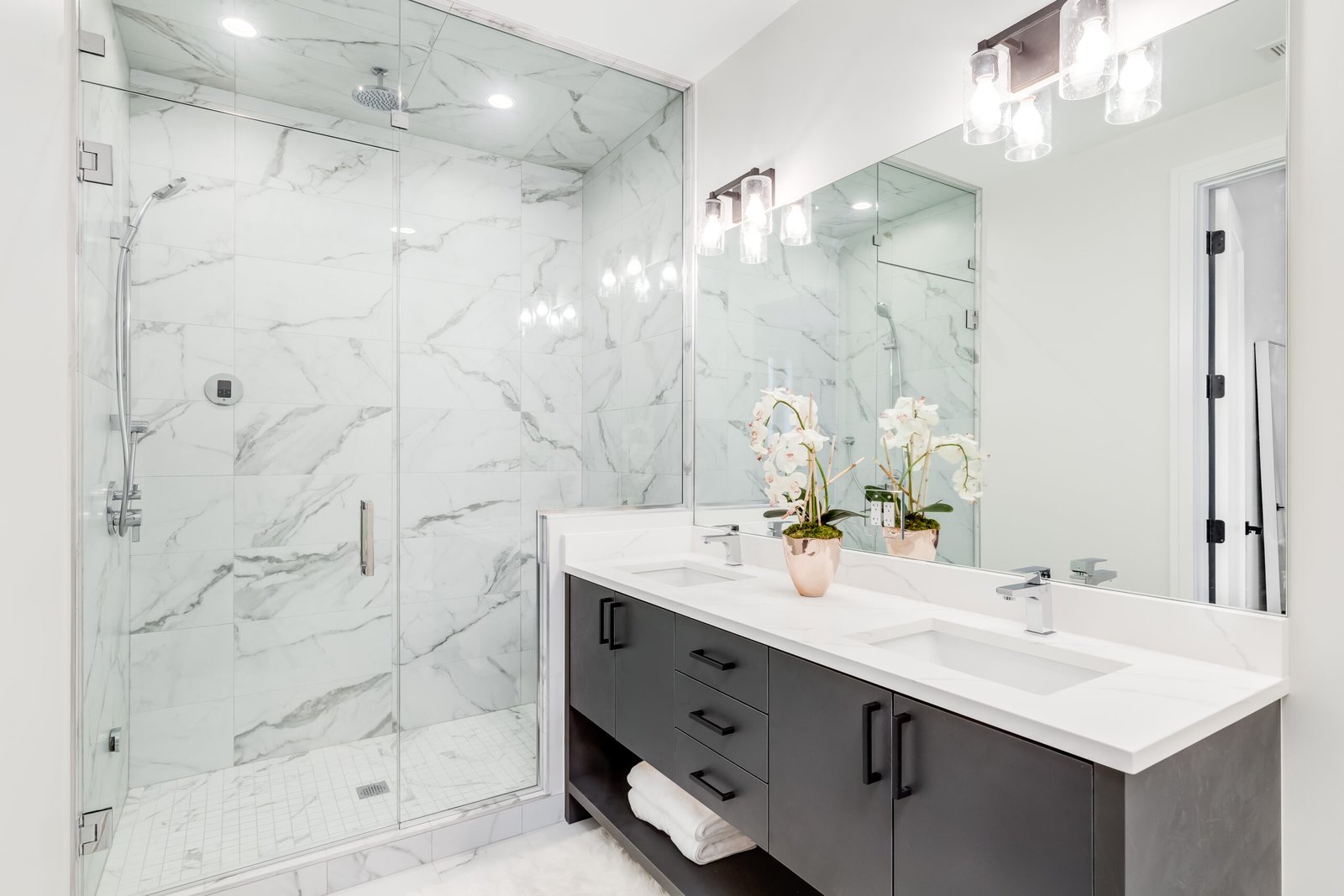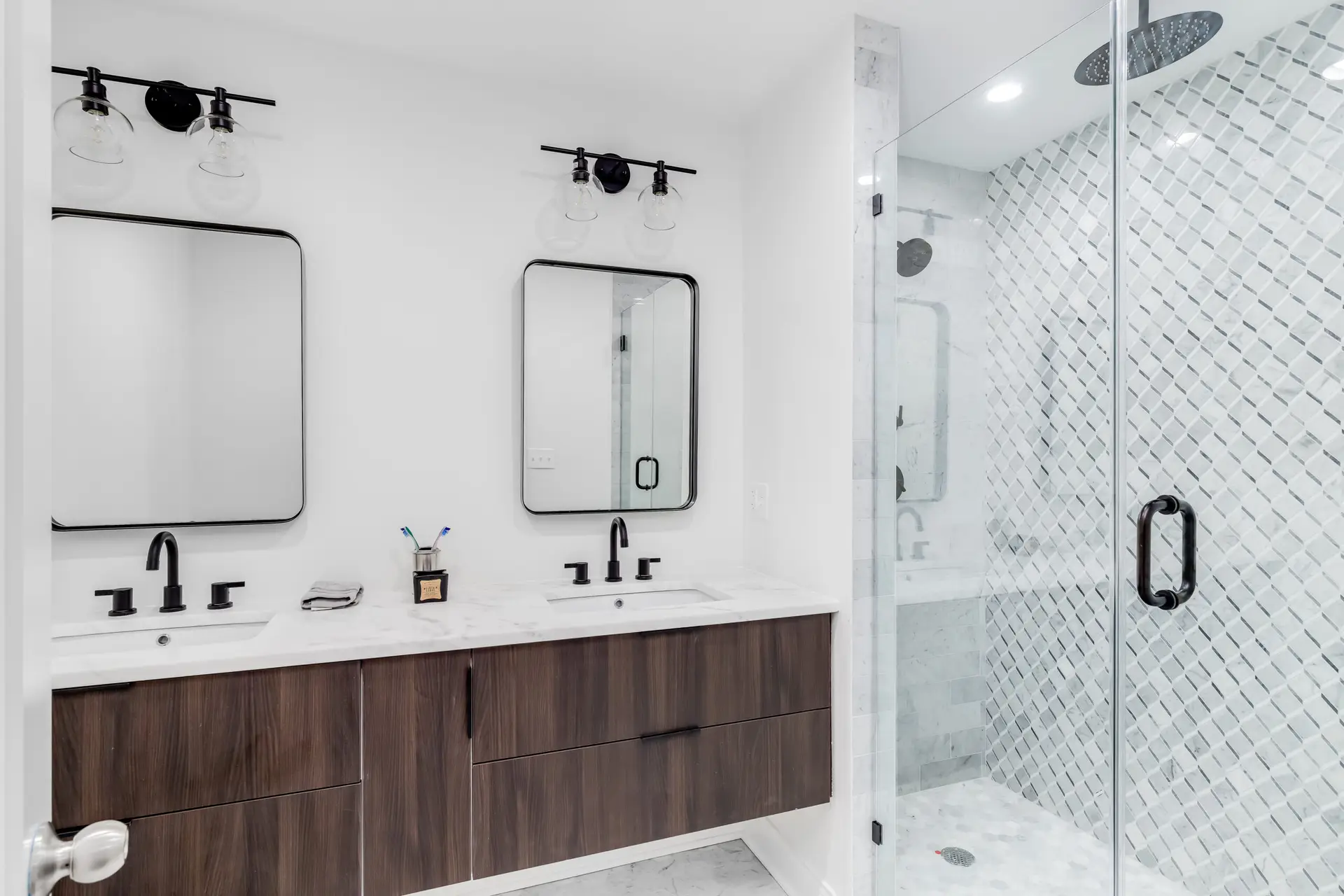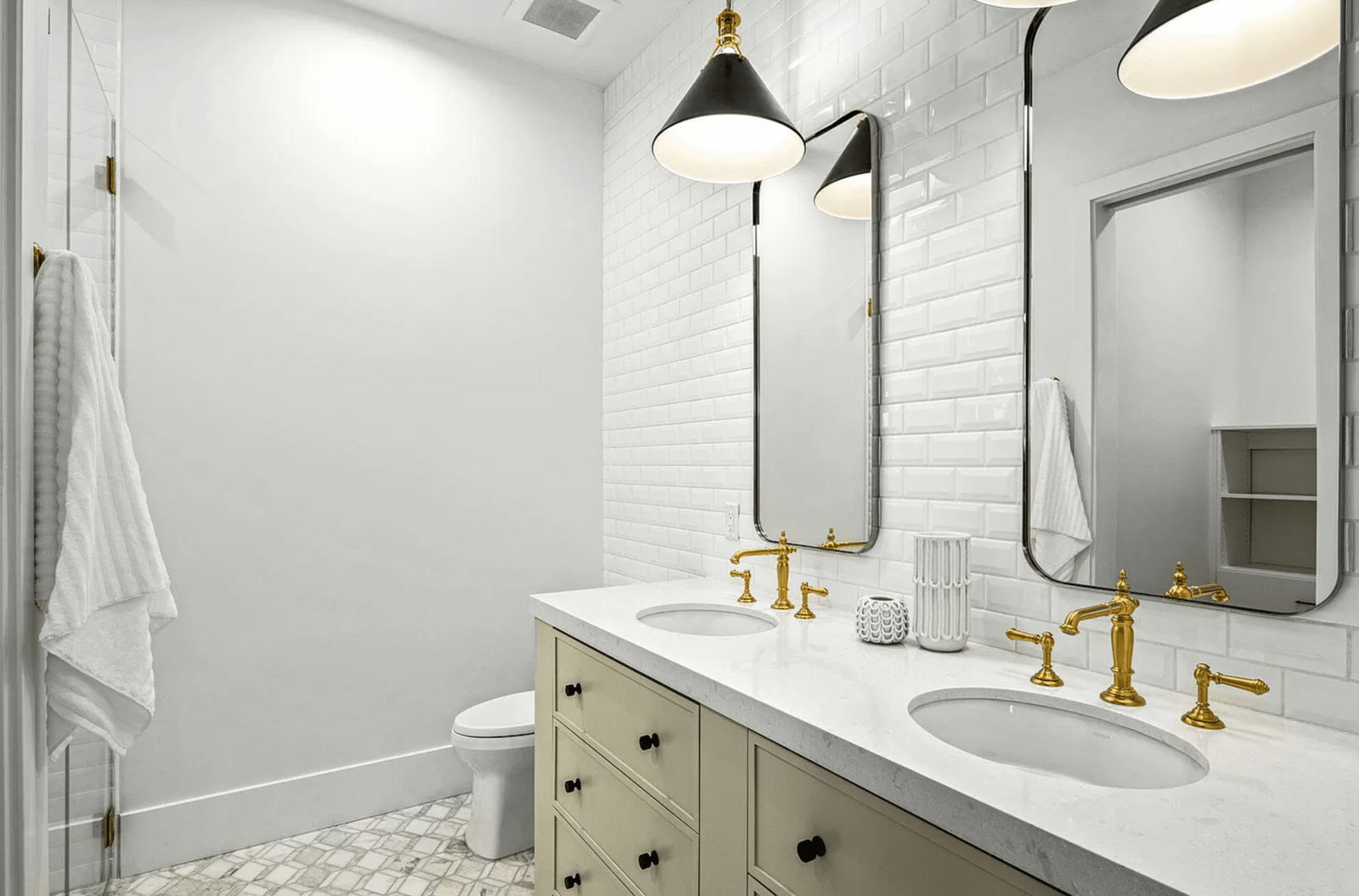Planning a kitchen renovation can feel overwhelming, but proper preparation is the key to achieving your dream space within budget and timeline. Whether you’re considering your first kitchen remodeling Denver project or you’re a seasoned homeowner, understanding the essential preparation steps will help ensure your renovation runs smoothly from start to finish.
A successful kitchen remodel requires careful planning, realistic budgeting, and choosing the right professionals to bring your vision to life. This comprehensive guide will walk you through every crucial step to prepare for your kitchen transformation, helping you avoid common pitfalls and maximize your investment.
Establish Your Budget and Timeline
Setting Realistic Financial Expectations
Before diving into design dreams, establish a clear budget for your kitchen remodeling Denver project. Kitchen renovations typically range from $15,000 for minor updates to $75,000+ for luxury complete overhauls. In Denver’s current market, homeowners should expect to invest between $25,000 and $50,000 for a mid-range kitchen remodel.
Create a detailed budget breakdown that includes materials (30-35%), labor (35-40%), appliances (15-20%), and a contingency fund (10-15%) for unexpected issues. Remember that older Denver homes often reveal surprises like outdated electrical systems or plumbing challenges that require additional investment.
Research financing options early in your planning process. Home equity loans, personal loans, and contractor financing programs can help you achieve your renovation goals without straining your finances. Many kitchen remodel contractors in Denver offer financing partnerships that can simplify the payment process.
Timeline Planning and Seasonal Considerations
Denver’s climate presents unique timing considerations for kitchen renovations. Spring and summer months are ideal for projects requiring exterior work or significant ventilation, while winter projects may face weather-related delays for material deliveries.
A typical kitchen remodel takes 6-12 weeks to complete, depending on the scope of work. Factor in additional time for permit approvals, material sourcing, and potential weather delays. Create a realistic timeline that accounts for your family’s needs, especially during holidays or busy seasons.
Consider your household’s cooking habits when planning the timeline. If you frequently entertain or have dietary restrictions requiring home-cooked meals, discuss temporary kitchen solutions with your contractor to minimize disruption to your daily routine.
Define Your Design Goals and Priorities
Identifying Your Kitchen’s Primary Functions
Before selecting materials or layouts, clearly define how your family uses the kitchen space. Do you need a large island for meal preparation and casual dining? Is storage your primary concern? Are you looking to create an open concept that connects to your living areas?
Document your current kitchen’s pain points and desired improvements. Common priorities for remodel Denver Colorado projects include increasing storage capacity, improving workflow efficiency, updating outdated appliances, and enhancing natural light. Rank these priorities to guide decision-making throughout the renovation process.
Consider your long-term plans for the home. If you’re planning to sell within five years, focus on universally appealing features and neutral color schemes. If this is your forever home, invest in personalized elements that reflect your lifestyle and preferences.
Researching Design Trends and Styles
Study current kitchen design trends while keeping your home’s architectural style in mind. Denver’s diverse housing stock ranges from historic Victorian homes to modern contemporary builds, each requiring different design approaches to maintain architectural integrity.
Popular trends in Denver kitchen renovations include mixed-metal finishes, quartz countertops, subway tile backsplashes, and energy-efficient appliances. However, prioritize timeless design elements over trendy features that may quickly become outdated.
Create inspiration boards using Pinterest, Houzz, or magazine clippings to communicate your vision clearly to potential contractors. Include examples of layouts, color schemes, material combinations, and specific features you want to incorporate into your design.
Research and Select Qualified Contractors
Vetting Kitchen Remodel Contractors
Choosing the right contractor is crucial for project success. Start by researching licensed kitchen remodel contractors in the Denver area with strong reputations and extensive experience in kitchen renovations. Verify their Colorado contractor’s license, insurance coverage, and Better Business Bureau ratings.
Request references from recent kitchen remodeling projects and take time to visit completed jobs when possible. Quality contractors willingly provide references and showcase their work because they’re proud of their craftsmanship and customer relationships.
Obtain detailed quotes from at least three contractors to compare pricing, timelines, and approaches to your project. Be wary of estimates that seem significantly higher or lower than others, as this often indicates either inflated pricing or corner-cutting that could compromise quality.
Evaluating Contractor Credentials and Communication
Effective communication is essential for a successful renovation. During initial consultations, assess each contractor’s ability to listen to your needs, answer questions clearly, and provide honest feedback about your ideas and budget constraints.
Verify that contractors carry appropriate insurance coverage, including general liability and workers’ compensation. Request certificates of insurance and confirm coverage directly with insurance providers to protect yourself from potential liabilities during construction.
Review contract terms carefully before signing. Quality contractors provide detailed written agreements that specify materials, labor costs, timelines, change order procedures, and warranty information. Never work with contractors who demand full payment upfront or pressure you to sign immediately.
Plan for the Renovation Process
Preparing Your Home and Family
Kitchen renovations create significant disruption to daily routines. Set up a temporary kitchen space in another area of your home with essential appliances like a microwave, coffee maker, and portable cooktop. Stock up on paper plates, disposable utensils, and non-perishable foods to minimize cooking complications.
Protect adjacent rooms from dust and debris by sealing doorways with plastic sheeting. Remove or cover furniture and belongings in nearby areas to prevent damage during construction. Consider temporary storage solutions for items you’ll need to access during the renovation.
Communicate with family members about the renovation timeline and what to expect during different phases of construction. Establish ground rules for children and pets regarding access to the work area for safety reasons.
Obtaining Necessary Permits
Most kitchen remodeling Denver projects require permits for electrical, plumbing, or structural modifications. Your contractor should handle permit applications, but understand which permits are required for your specific project to ensure compliance with Denver building codes.
Common permits include electrical permits for new outlets or lighting, plumbing permits for appliance relocations, and structural permits for wall removal or modifications. Permit fees typically range from $100 to $500, depending on the scope of work.
Schedule inspections at appropriate construction phases to avoid delays. Failed inspections can halt progress and require corrective work, potentially extending your timeline and increasing costs.
Select Materials and Appliances
Choosing Durable and Functional Materials
Select materials that balance aesthetics, durability, and maintenance requirements. In Denver’s climate, consider materials that withstand temperature fluctuations and low humidity levels. Quartz countertops, ceramic tile, and engineered hardwood flooring perform well in Colorado’s environment.
Order materials well in advance to avoid delays, especially for custom items like cabinetry or specialized appliances. Supply chain disruptions can extend lead times significantly, so plan accordingly and consider alternative options if your first choices become unavailable.
Focus on quality over quantity when selecting materials. Investing in durable, well-made products typically provides better long-term value than choosing cheaper alternatives that may require early replacement or frequent maintenance.
Appliance Selection and Energy Efficiency
Choose appliances that match your cooking habits and family size. Oversized appliances can overwhelm smaller kitchens, while undersized units may not meet your needs efficiently. Consider Energy Star certified appliances to reduce utility costs and environmental impact.
Coordinate appliance deliveries with your contractor to ensure proper installation timing. Delays in appliance delivery can extend project timelines, while early deliveries may require temporary storage solutions.
Plan electrical and plumbing requirements for new appliances early in the design process. Upgrading to higher-capacity appliances may require electrical panel modifications or new gas lines, adding to project costs and complexity.
Prepare for Common Challenges
Anticipating Structural and Systems Issues
Older Denver homes frequently reveal hidden issues during renovation, including outdated electrical wiring, plumbing problems, or structural modifications from previous renovations. Budget additional funds for potential discoveries that require immediate attention for safety or code compliance.
Asbestos and lead paint are common concerns in homes built before 1980. Professional testing and remediation may be necessary, adding time and cost to your project. Address these issues early to avoid delays and ensure family safety.
Plan for potential discoveries that could affect your design, such as load-bearing walls that cannot be removed or plumbing locations that limit appliance placement. Flexibility in your design approach will help accommodate unexpected constraints.
Managing Stress and Expectations
Kitchen renovations test patience and adaptability. Expect some level of disruption, noise, and mess during construction. Maintain realistic expectations about timelines and be prepared for minor delays due to weather, material availability, or unforeseen complications.
Establish regular communication schedules with your contractor to stay informed about progress and address concerns promptly. Weekly progress meetings help identify potential issues early and maintain project momentum.
Consider the renovation an investment in your home’s value and your family’s quality of life. Focus on the long-term benefits rather than temporary inconveniences to maintain a positive perspective throughout the process.
Conclusion
Preparing for a successful kitchen remodeling Denver project requires careful planning, realistic budgeting, and selecting the right professionals for your needs. By following these comprehensive preparation steps, you’ll be well-equipped to navigate the renovation process smoothly and achieve the kitchen of your dreams.
Remember that proper preparation is the foundation of any successful renovation. Take time to research, plan, and communicate your vision clearly with your chosen contractor. The effort you invest in preparation will pay dividends in the form of a beautiful, functional kitchen that enhances your home’s value and your family’s daily life.
Ready to start your kitchen transformation? Contact qualified kitchen remodel contractors in your area to discuss your vision and begin the journey toward your dream kitchen. With proper preparation and the right team, your kitchen renovation can be an exciting and rewarding experience that transforms your home for years to come.


